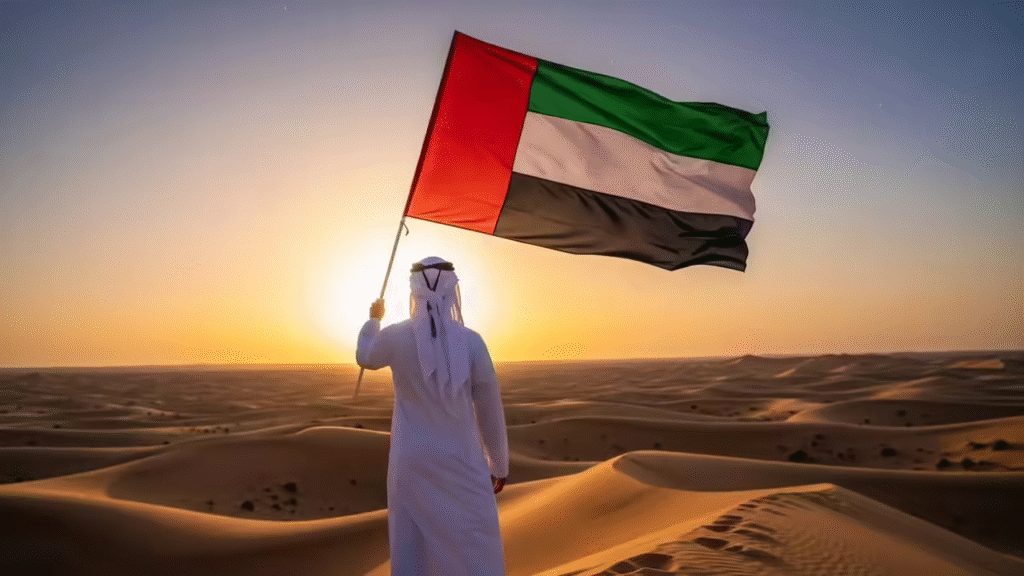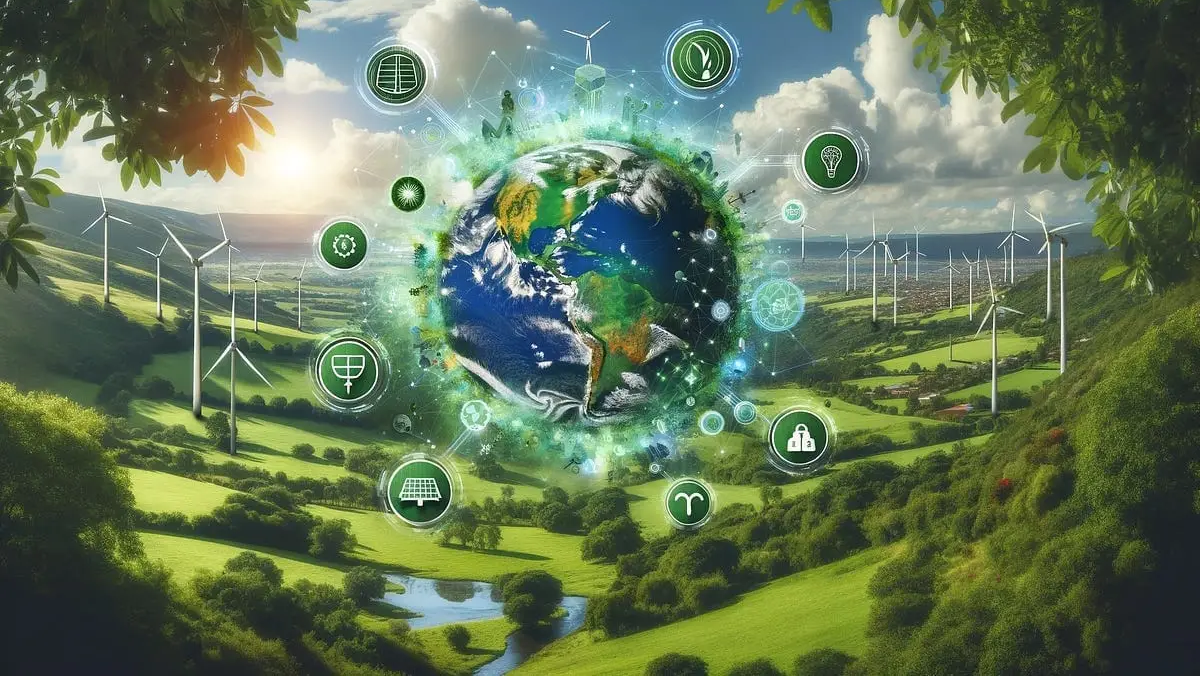Now Reading: UAE and India Join Hands for Bold Climate Action Future 2025
-
01
UAE and India Join Hands for Bold Climate Action Future 2025
UAE and India Join Hands for Bold Climate Action Future 2025

Table of Contents
The fight against climate change is no longer a choice; it is an urgent necessity. Across the world, countries are seeking innovative solutions to reduce carbon emissions, build renewable energy capacity, and invest in sustainable technologies. Among the global partnerships taking shape, the climate collaboration between the United Arab Emirates UAE and India is emerging as one of the most influential.
Both nations share strong political ties, economic partnerships, and cultural bonds. Today, their collaboration is extending into climate action and clean energy, making them key players in the global journey toward sustainability and net-zero emissions.
A Shared Vision for Sustainability
The UAE and India have been strengthening their climate cooperation through bilateral agreements and global platforms. Their joint focus includes renewable energy projects, sustainable investments, and green technology exchanges.
The UAE, as a global energy hub, has already made ambitious pledges such as achieving Net Zero by 2050 and hosting major global climate summits. India, on the other hand, has committed to Net Zero by 2070 and is rapidly expanding its renewable energy capacity, targeting 500 gigawatts of renewable power by 2030.
This alignment of goals creates a natural partnership. Both countries see climate cooperation not only as an environmental responsibility but also as an opportunity for economic growth, innovation, and energy security.
Renewable Energy: The Heart of Collaboration

Renewable energy has become the central pillar of UAE-India climate ties. The UAE has invested heavily in solar and wind projects across the globe, and India offers a vast market and ideal geography for renewable energy expansion.
One of the standout areas of cooperation is solar energy. India hosts the world’s largest renewable energy expansion program, and the UAE is supporting it through investments and joint ventures. Both nations are founding members of the International Solar Alliance (ISA), which promotes solar energy adoption across developing countries.
Hydrogen is another promising sector. The UAE has begun large-scale investments in green hydrogen projects, and India has launched its National Hydrogen Mission to make the country a hub for clean hydrogen production. Joint ventures in this field could transform both economies while reducing reliance on fossil fuels.
Financing the Green Transition
Transitioning to a green economy requires substantial investment, and both the UAE and India are addressing this challenge by strengthening climate finance cooperation.
The UAE’s sovereign wealth funds and private investors are channeling resources into India’s renewable energy sector. From large-scale solar parks to wind farms, Emirati investments are helping India speed up its green transition.
At the same time, Indian companies are partnering with UAE firms in clean technologies, smart grids, and electric mobility. This exchange of finance and innovation is a win-win, creating sustainable industries while generating new jobs and opportunities.
Climate Diplomacy on the Global Stage
The collaboration goes beyond bilateral projects. Both the UAE and India are using their influence to shape international climate diplomacy.
In 2023, the UAE hosted the COP28 summit in Dubai, where India played an active role in negotiations. Both nations highlighted the importance of climate justice, financing for developing countries, and technology sharing. They emphasized that global climate goals must be inclusive and fair, considering the needs of emerging economies.
By working together, the UAE and India are presenting a model of South-South cooperation developing countries partnering to tackle one of the most pressing global challenges.
Technology and Innovation Exchange

Technology is a critical driver of climate action. The UAE is investing in advanced solutions such as carbon capture, desalination powered by renewables, and artificial intelligence for energy efficiency. India, with its strong tech ecosystem and skilled workforce, is collaborating to scale up these solutions.
Joint research programs, university partnerships, and private-sector collaborations are focusing on:
- Clean hydrogen production
- Smart and sustainable urban planning
- Electric vehicle charging infrastructure
- Low-carbon industrial processes
These innovations not only support domestic climate goals but also create exportable solutions for other nations.
Challenges Ahead
Despite strong progress, the road ahead is not without challenges. Both the UAE and India continue to rely on fossil fuels to meet growing energy demands. Balancing economic growth with emission reductions remains a difficult task.
Financing at scale, building supply chains for clean energy technologies, and ensuring just transitions for workers in traditional energy sectors are issues that need long-term planning. However, the growing momentum of the UAE-India partnership suggests that both countries are committed to addressing these challenges head-on.
A Future Built on Green Cooperation
The UAE-India climate collaboration is more than a strategic alliance; it is a vision for the future. By working together, both nations are proving that climate action can also drive prosperity. Their partnership is setting an example for others demonstrating that emerging economies can take leadership roles in shaping the global green transition.
As the world moves closer to critical climate deadlines, the UAE and India’s cooperation will only become more vital. From renewable energy to sustainable technologies, from climate finance to global diplomacy, this partnership has the potential to define the future of green growth.
If successful, the UAE-India climate alliance will not only transform their own economies but also inspire a wider movement across Asia, the Middle East, and beyond. The message is clear: collaboration is the key to a sustainable and resilient world.
READ MORE:- Inside the World of Business Acquisitions: Secrets of Corporate Growth 2025



















